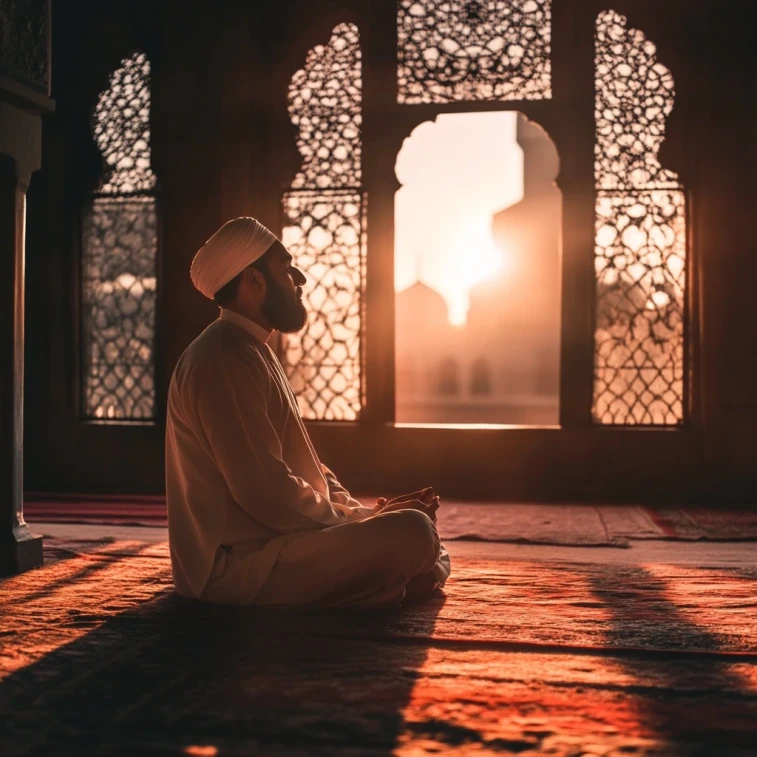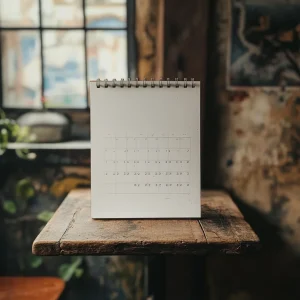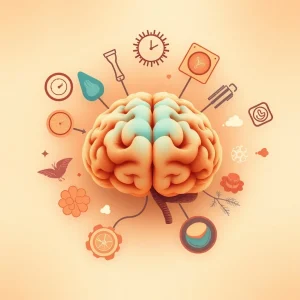Evaluating the Relationship Between Ramadan and Gratitude
Evaluating the Relationship Between Ramadan and Gratitude. For all Muslims all over the world, Ramadan creates deep spiritual significance. Ramadan offers a sacred period when believers combine fasting with prayer while engaging in spiritual reflection and self-discipline. Ramadan teaches Muslims how to develop their bond with Allah (God) through food abstention and helps people appreciate all their blessings. Muslims who fast each day from dawn to sunset discover numerous blessings that often become routine in their lives, such as food, water, and comfort. The sacred period of Ramadan is a force that teaches people to grow their thankfulness until it fundamentally shifts their spiritual understanding of the world and their purpose.
This article examines the religious tie between Ramadan and gratitude, together with how fasting builds appreciation, and presents different means to develop gratitude during the holy month.
Understanding Gratitude in Islam

Gratitude, or “Shukr” in Arabic, is a core value in Islam. The religious texts of the Quran and Hadith contain multiple references that emphasize the value of thanking Allah for everything He gives us. The Islamic perspective on gratitude surpasses emotions because Muslims must both identify Allah’s blessings and express their gratitude for what He provides.
Muslims should thank God, as the Quran says a lot.
“If you are grateful, I will surely increase your favour, but if you deny, indeed, My punishment is severe.” (Quran, 14:7)
The scripture explains that appreciation creates a direct connection, which allows God to bestow his blessings upon the appreciative one. When believers practice gratitude through expressive thankfulness to Allah, they deepen their spiritual bond while Allah rewards them by blessing them further.
Ramadan as a Time to Reflect on Blessings
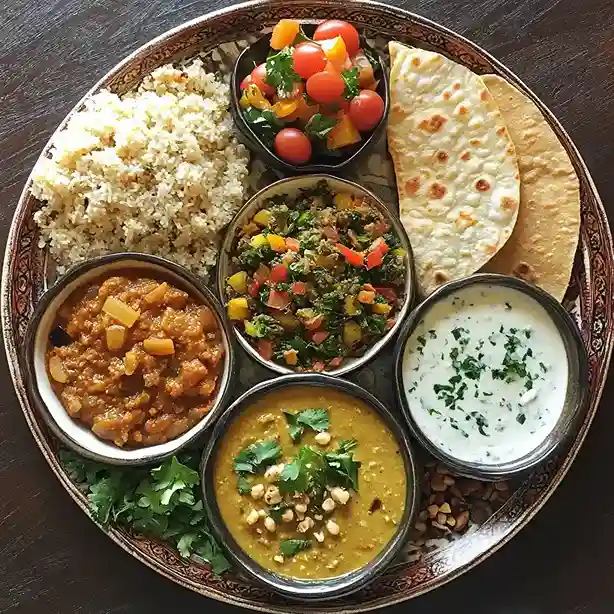
Through Ramadan, believers receive the chance to examine themselves in a special manner. Through self-discipline, the month-long fast enables believers to think about all they possess while practicing restraint. The practice of daily fasting in the daylight hours draws our attention to the extent we depend on Allah for our food and water provision. Hunger and thirst messages to the body create a feeling of humility that enables us to value the food and water we normally overlook.
Depriving ourselves of human needs through fasting deepens our awareness of the hardships faced by disadvantaged individuals. Our daily reflection during Ramadan builds our appreciation for what we typically ignore in life, including drinkable water, shelter from the weather, and money needed for food.
The practice of fasting during Ramadan helps people develop a greater understanding of the feelings experienced by less fortunate individuals. The emptiness in your stomach serves as a reminder of the struggles faced by individuals who work tirelessly to provide food for themselves and their families. The rise in cultural consciousness prompts people to treasure their current possessions better while inspiring behaviour dedicated to helping others.
The Role of Suhoor and Iftar in Gratitude
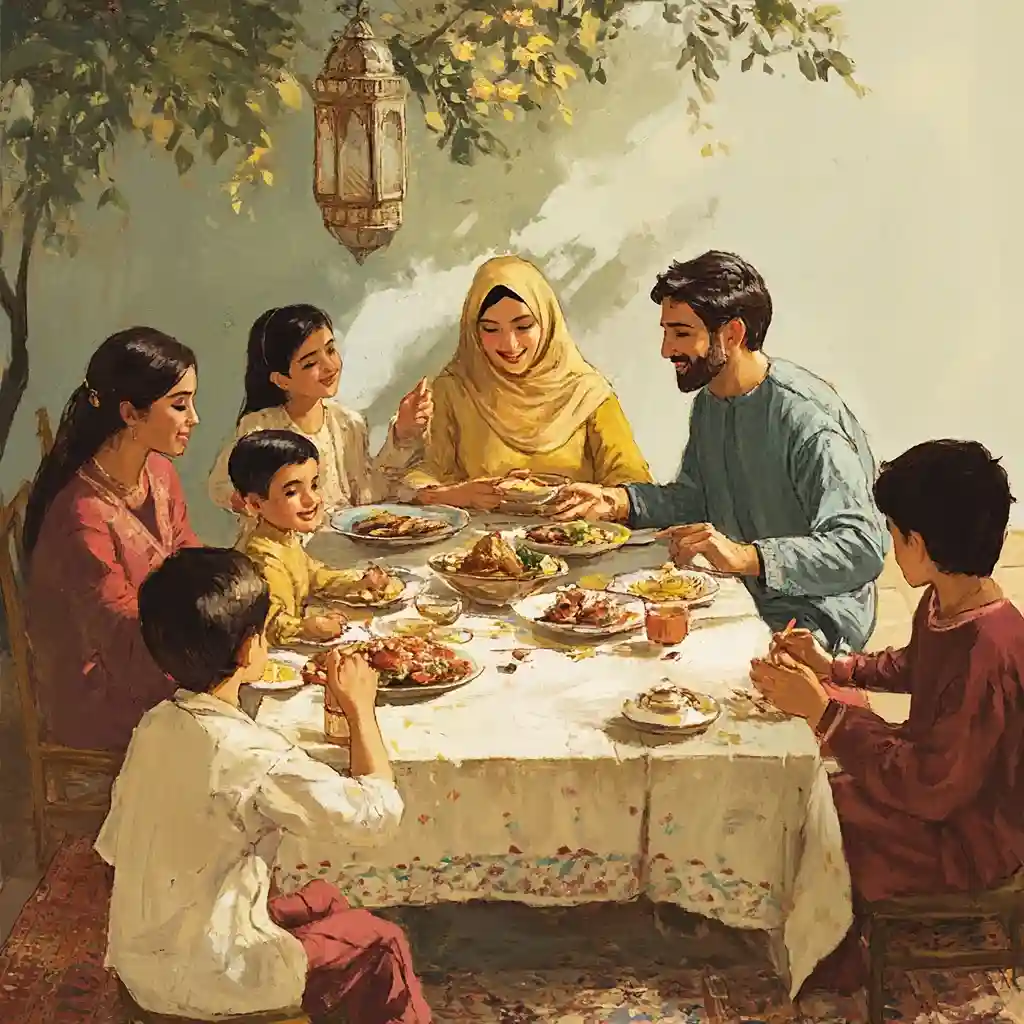
The main elements of Ramadan involve the pre-dawn meal called Suhoor alongside the sunset meal known as Iftar. Having meals during Ramadan allows believers to express spiritual gratitude while the tradition remains intertwined with feelings of thankfulness.
Suhoor: A Blessing of Nourishment
People use Suhoor to create a peaceful environment where they think about their upcoming fasting conditions. In the early morning, you can express gratitude to Allah by eating a correctly balanced and healthy meal that provides daily sustenance. You should appreciate the holiness of your meal during Suhoor and acknowledge the blessing of food that is all around you before pleading with Allah for endurance.
At the time of Iftar, individuals can reflect upon all the blessings of the day along with their loved ones.
This time of breaking the daily fast brings happiness, which people typically share with their loved ones during the occasion. The Adhan announces the end of fasting, immersing the listener in gratitude. Drinking water together with consuming food during the first moments after fasting feels truly grateful because these primary actions bring immense appreciation. The meal of Iftar provides a time for family reunification while enabling people to serve those in need and demonstrate their gratefulness toward food and their health and longevity.
Breaking your fast during Ramadan helps you understand the brief duration in which both adversity and blessings exist in our world. Over this holy month, Ramadan reminds us of how fleeting blessings can be, which leads us to display our appreciation in both word and deed.
Acts of Charity and Gratitude During Ramadan
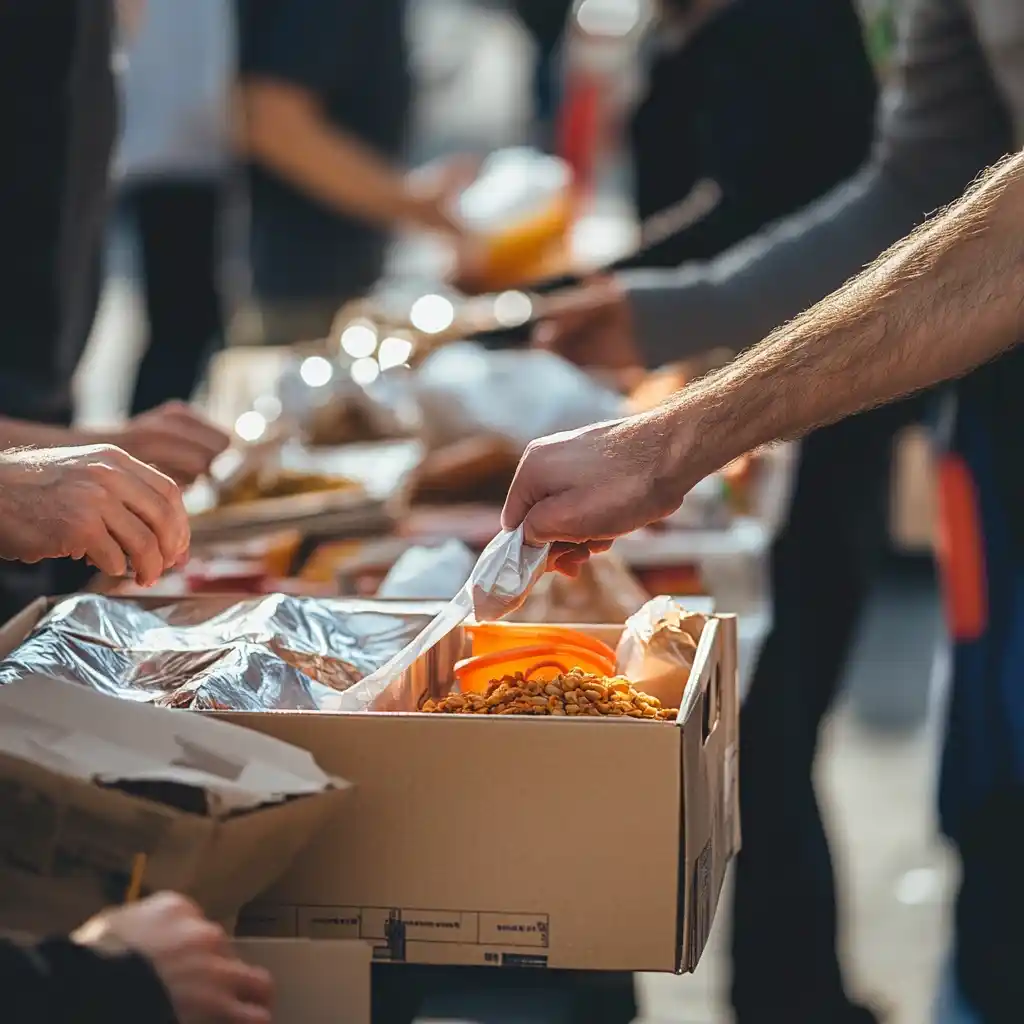
The period of Ramadan leads people toward more giving actions. Genuine charitable acts, which include food donations, money gifts, and volunteering time to help the needy, remain central to the Ramadan traditions. The generous actions demonstrate your appreciation for all the blessings that you have obtained. The practice of giving demonstrates both recognition of your advantages and support for disadvantaged individuals who need assistance with your available resources.
The Quran places tremendous importance on charity during Ramadan because generous behaviour leads to private spiritual fulfillment as well as betterment for the community as a whole.
“The example of those who spend their wealth in the way of Allah is like that of a grain of wheat that produces seven ears, with a hundred grains in each ear.” (Quran, 2:261)
According to this sacred text, Muslims should practice biblical generosity, which also represents their appreciation for divine blessings. The practice of giving brings two effects to our relationship with Allah because it combines external behaviour with an internal lesson about humility and appreciation.
Practical Ways to Cultivate Gratitude During Ramadan
Muslims need to put deliberate dedication toward developing gratitude during the month of Ramadan. There are various useful methods available to incorporate gratitude exercises into your life during the holy month of Ramadan.
1. Start Each Day with Gratitude
At each morning start of your fast, allocate some brief time to ponder over everything you have to be thankful for. You must recognize both yourself and your family members, as well as your house and basic things that bring happiness to your life. To practice gratitude, you should maintain a gratitude journal that documents a daily appreciation entry. Through this practice, thanksgiving thoughts will develop to last throughout the entire month.
2. Make Du’a for Gratitude
Du’a serves as a marvellous approach through which Muslims achieve contact with Allah. You should formulate a distinct du’a to Allah during Ramadan to obtain heightened appreciation this month. Recognize how His mercy meshes with His care for you together with His leadership in life. The practice of prayer strengthens your bond with Allah and doubles the appreciation you feel for your life.
3. Practice Mindful Eating
Take time to completely appreciate the foods you eat during Iftar along with the foods served at Suhoor. Use appreciation for the farming work and kitchen preparation alongside the delivery methods responsible for bringing your meal to your dining space. Mindful eating practice lets you reach a meaningful understanding about your meal while you learn to value your food as nourishment.
Before eating at sunset, think about all the wonderful stuff you have.
When preparing to end your daily fast at Iftar, make time to reflect upon everything that happened through the day. Look back on the challenges you faced, the strength you gained, and the blessings you received. The act of contemplation enables you to thank God for your fasting ability as well as the meal you will eat after sundown, in addition to praising Him for spiritual development potential.
FAQs For Relationship Between Ramadan and Gratitude
Conclusion
During Ramadan we develop more profound ties with Allah while our appreciation for everything elevates. The practice of fasting together with prayer, voluntary giving, and periods of reflection leads us to better understand the material and spiritual aspects of our blessings. Throughout this holy month, people explore gratitude as an essential power that brings fullness and spiritual development along with stronger life meaning.
The month’s progress requires you to hold each instant dear and stay alert for all blessings in your life. Showing gratitude through these actions strengthens your faith while simultaneously developing spiritual traits such as humility along with compassion and joy.

